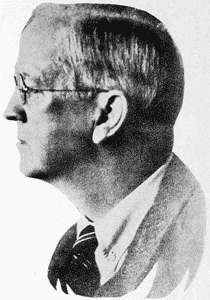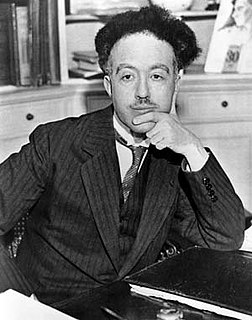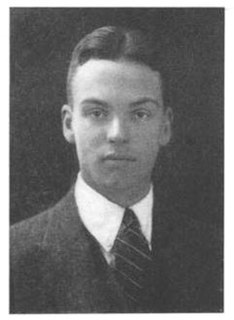A Quote by Cornelia Otis Skinner
The French have no such expression as 'killing time.' In their more philosophical vocabulary the term is 'passing time,' which means savoring all moments of it each to his individual enjoyment. While we battle with time, they relax with tempo.
Related Quotes
There is no English equivalent for the French word flâneur. Cassell's dictionary defines flâneur as a stroller, saunterer, drifter but none of these terms seems quite accurate. There is no English equivalent for the term, just as there is no Anglo-Saxon counterpart of that essentially Gallic individual, the deliberately aimless pedestrian, unencumbered by any obligation or sense of urgency, who, being French and therefore frugal, wastes nothing, including his time which he spends with the leisurely discrimination of a gourmet, savoring the multiple flavors of his city.
The Greeks had two words for time. Chronos is the time we usually keep an eye on. Kairos was our participation of time. Time that moves us so that we lose our sense of time; timeless time; moments at which the clocks seems to stop; feeding, renewing, more motherly time. It's the time with which we feel one instead of outside of it, the self, the tao, the love that connects us to others.
Aristotle said time is a measure of change, and this movie is about changing in time, through time, while remaining the same person. That's a philosophical paradox and a moral dilemma. But 'Casablanca' says it's possible. You can have both. That's what it means. And that's my wish for you: that you would have both.
Time is the most precious gift in our possession, for it is the most irrevocable. This is what makes it so disturbing to look back upon the time which we have lost. Time lost is time when we have not lived a full human life, time unenriched by experience, creative endeavor, enjoyment, and suffering. Time lost is time not filled, time left empty.
It is the steady and merciless increase of occupations, the augmented speed at which we are always trying to live, the crowding of each day with more work than it can profitably hold, which has cost us, among other things, the undisturbed enjoyment of friends. Friendship takes time, and we have no time to give it.
In space-time everything which for each of us constitutes the past, the present and the future is given en bloc...Each observer, as his time passes, discovers, so to speak, new slices of space-time which appear to him as successive aspects of the material world, though in reality the ensemble of events constituting space-time exist prior to his knowledge of them.
As society is only possible if everyone, while living his own life, at the same time helps others to live; if every individual is simultaneously means and end; if each individual's well-being is simultaneously the condition necessary to the well-being of others, it is evident that the contrast between I and thou, means and end, automatically is overcome.


































